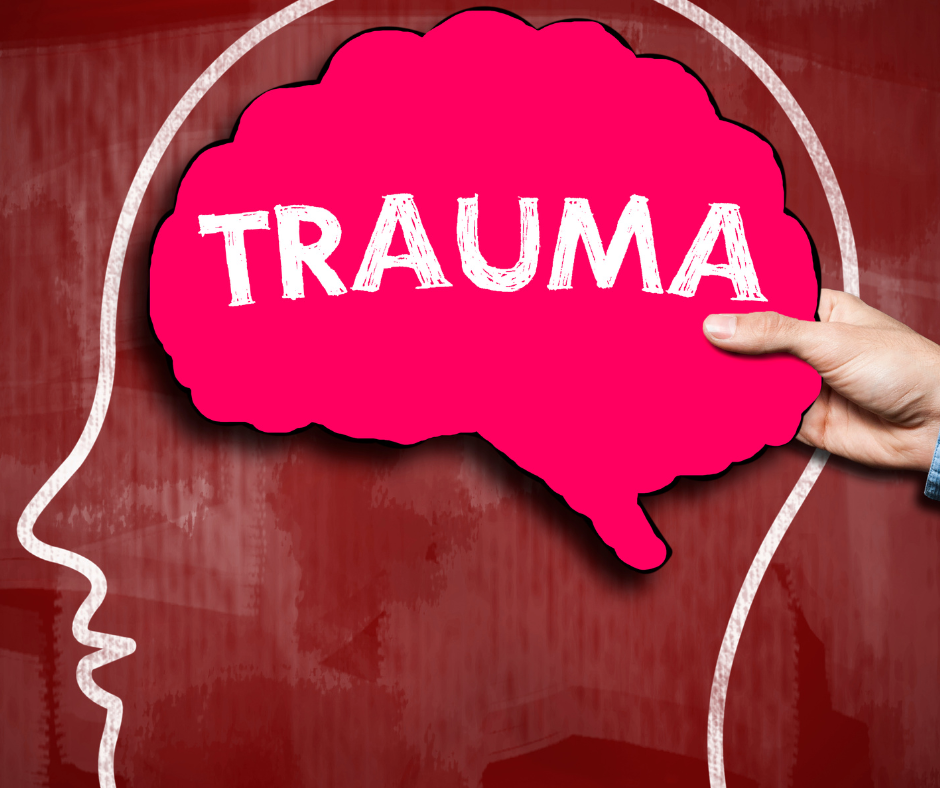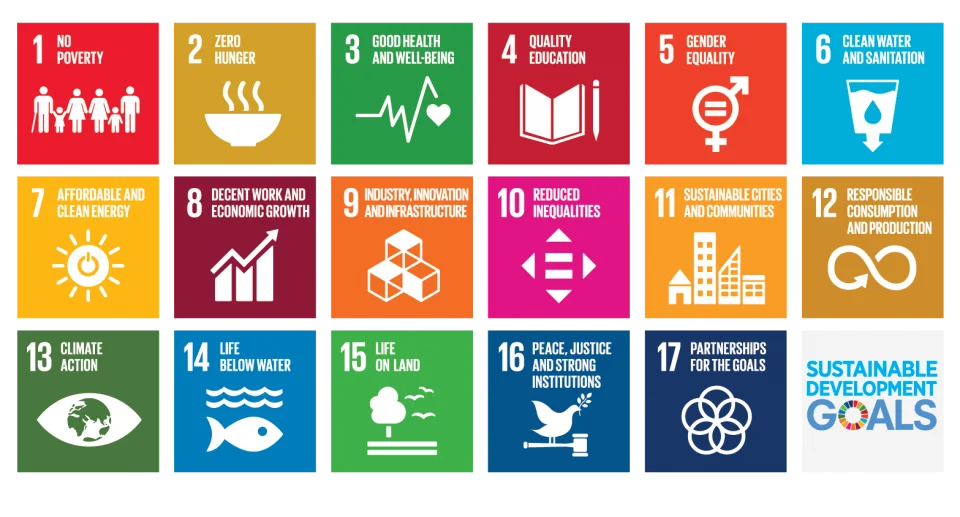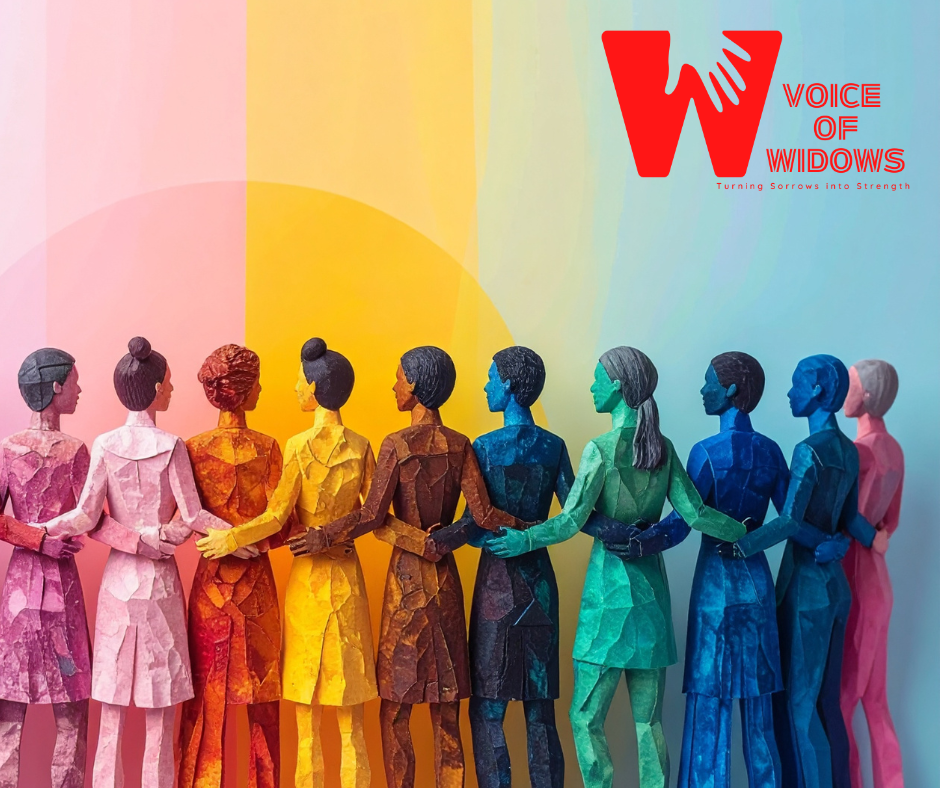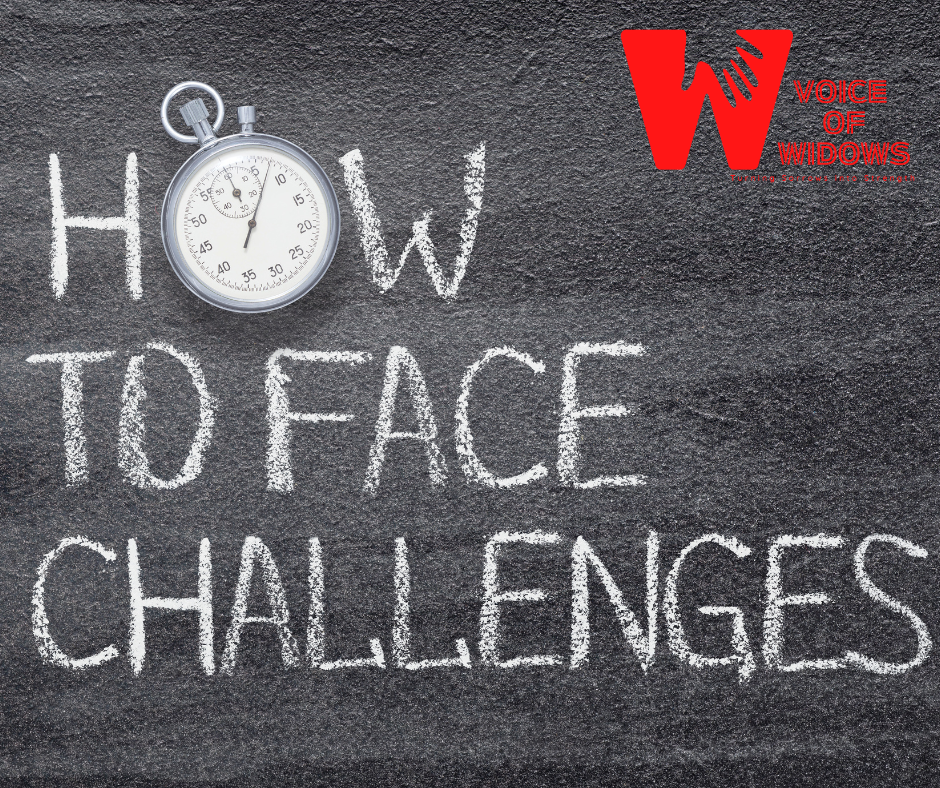Trauma is not always loud.
Sometimes, it sits quietly behind a smile. It lingers in the silence between conversations, in the heaviness of a pause, or in the tightening of the chest when someone says, “You should talk about it.”
But what if you don’t want to?
What if the idea of speaking about your trauma feels like reopening a wound that you’ve spent years trying to bandage, or worse—makes you feel even more unsafe?
This article is not just about trauma.
It’s about the power of choice, the urgency of compassion, and the importance of respecting the healing process, even when it doesn’t follow the “talk it out” narrative.
The Misunderstood Silence
We live in a world that increasingly pushes us toward expression.
From therapy sessions to online “healing spaces,” from social media confessions to group circles, the dominant message is: “You must talk to heal.”
But not everyone heals the same way.
For some, silence is sacred.
For others, the past is so painful that speaking about it may trigger breakdowns instead of breakthroughs.
Many are still gathering the courage to even admit it to themselves.
To them, silence isn’t avoidance. It’s survival.
When Pressure Causes More Pain
Let’s be real: healing isn’t linear.
Some people need to talk. Others need time.
And forcing someone to speak about their trauma before they are ready can be deeply damaging—emotionally, mentally, even physically.
In fact, re-traumatization is a real risk.
Every time someone says, “You have to talk about it to move on,” it invalidates the person’s way of coping. It can make them feel broken, weak, or “wrong” for not following the healing script society deems “normal.”
This is not just insensitive—it’s dangerous.
Creating Safe Spaces Without Demands
So, what can we do?
-
Normalize silence.
Healing doesn’t always need to be spoken. Sitting in silence, creating art, journaling, praying, meditating, or simply living day by day are valid forms of healing. -
Respect boundaries.
If someone doesn’t want to talk, respect that. Support doesn’t mean interrogation. It means being there—patient, present, and non-judgmental. -
Encourage, don’t enforce.
Instead of “you should talk,” say, “When you’re ready, I’m here.” That one sentence can be life-changing. -
Choose trauma-informed support.
If you’re a friend, family member, teacher, or therapist, take the time to understand trauma responses. What looks like distance may actually be self-protection.
To Those Carrying Unspoken Stories
If you’re someone who’s not ready to talk about your trauma—
You are not broken.
You are not weak.
You are not wrong.
You are allowed to protect your peace.
You are allowed to choose silence.
You are allowed to say, “Not now. Maybe not ever.”
And that is still healing.
The Urgency We Must Acknowledge
In a world that pushes for disclosure, we need to pause.
We need to stop demanding stories that are still bleeding.
We need to recognize that healing is not performance—it is deeply personal, often invisible, and never linear.
And we need to create a culture where both speaking and silence are safe.
This is urgent. Because every day, someone is retraumatized by well-meaning people forcing them to “open up.”
Let us be the generation that knows better.
Let us be the generation that does better.







